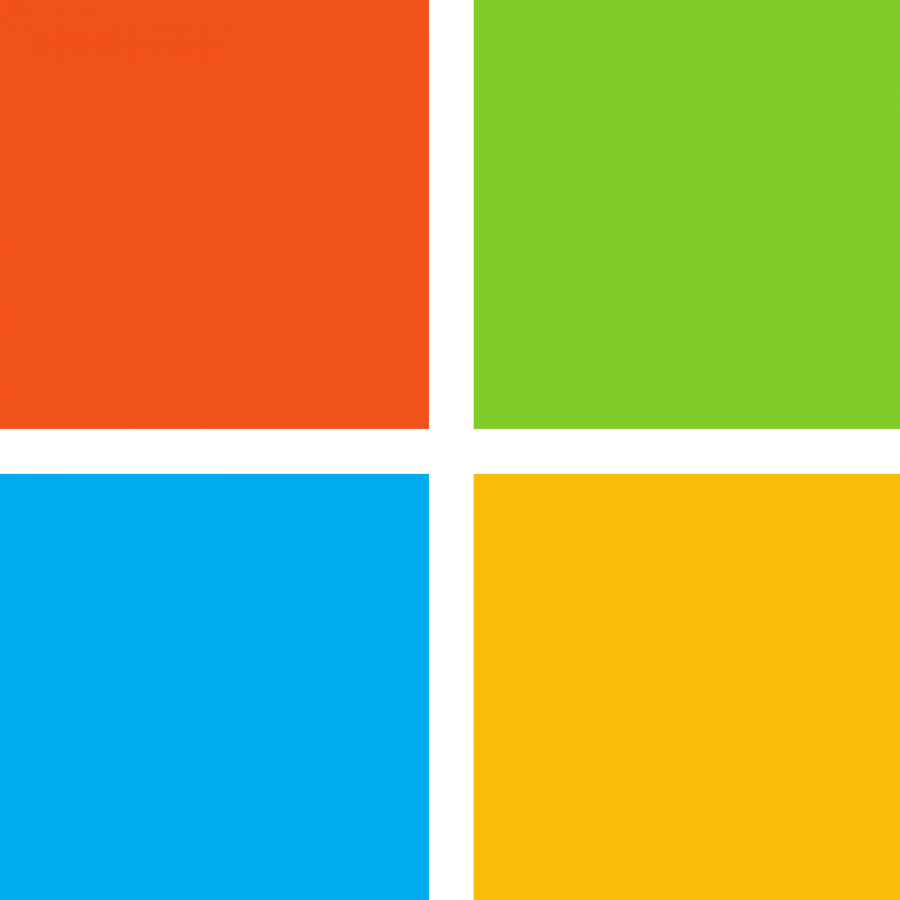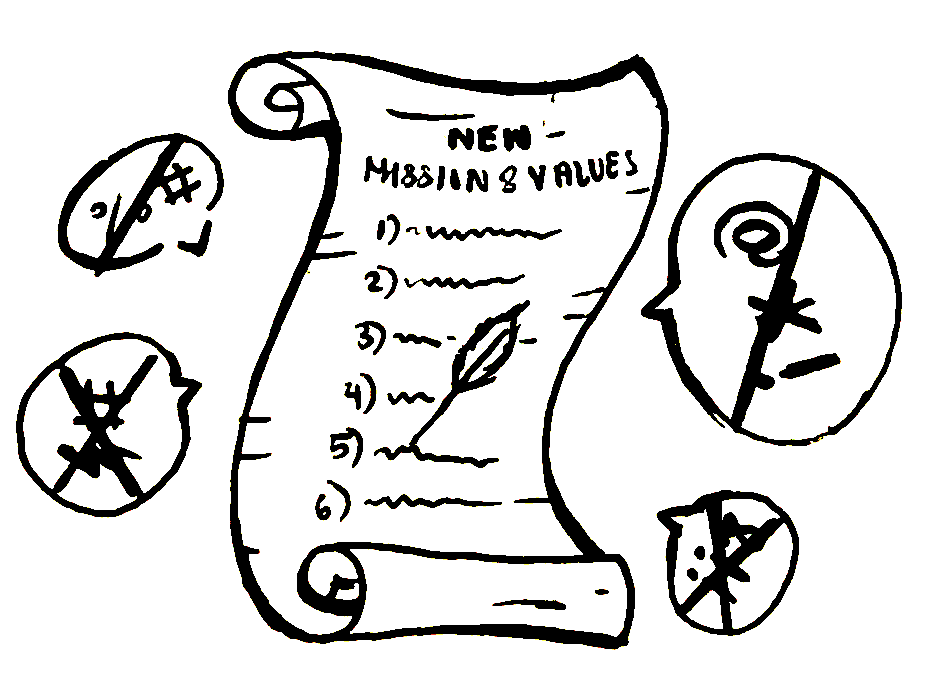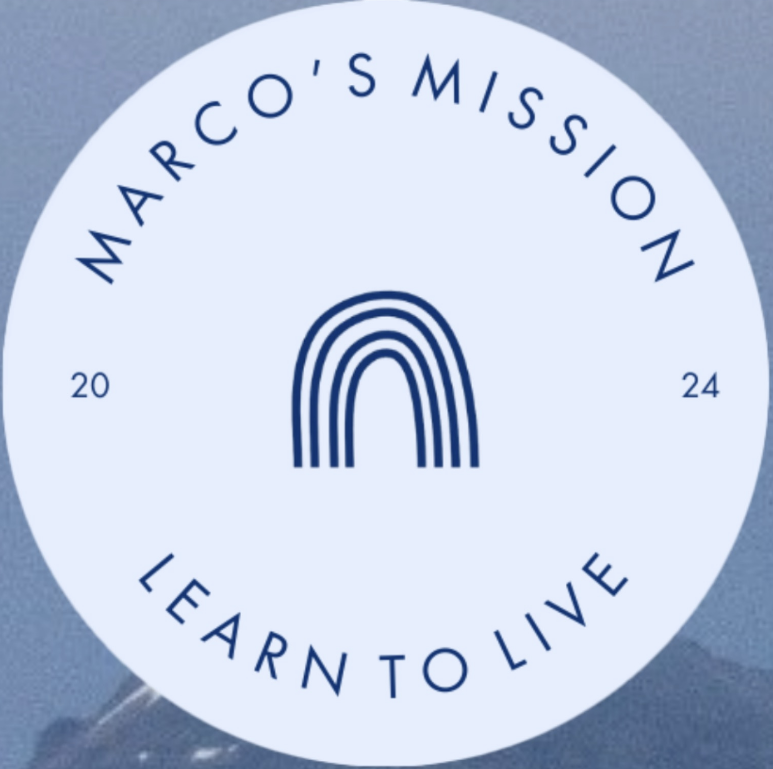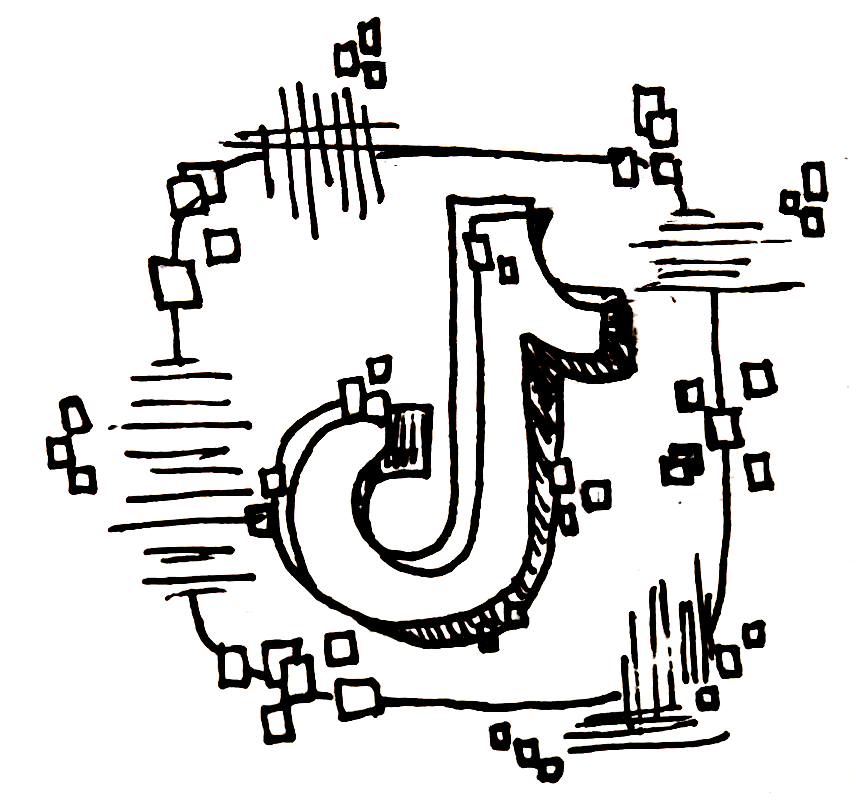Click to read more about the President’s pledge to computer science education, Harvard’s artificial intelligence research, drone boarding, and more. Creative commons image from Ariesk47.
By Lauren Yang

1. Obama Pledges $4 Billion to Computer Science
President Obama pledged $4 billion to fund computer science education in public schools across the United States on Jan 30. The president’s plan is to grant states that develop well-designed five-year plans for enhancing computer science education funding. Currently, one fourth of public schools in the United States offer computer science curriculum. This initiative, which major tech companies and philanthropists have supported, hopes to increase tech opportunities for underrepresented groups. Read more here.
A young boy has fun while trying droneboarding. Video from Valplushka.
2. Snowboarding + Drones = Droneboarding
Tech enthusiasts have invented a new way to have fun in the snow — one that combines both traditional and modern concepts. Dubbed “droneboarding,” the snowboarder holds onto a string attached to a drone while the drone pulls the user around. Although this trend is more of a novelty than an innovation, the Verge critiques it, saying “Droneboarding needs more bigger drones or smaller humans.” Read more about it here.

3. Government Grants $28 million to Improve AI
Harvard University received $28 million from the federal government’s Intelligence Advanced Research Projects Activity (IARPA) to fund a five-year project that will attempt to construct a virtual model of a rat’s brain as it grows. This experiment, which aims to understand how the brain works, is the first key step to creating algorithms that mimic how the brain handles information. Ultimately, understanding the brain will help researchers improve artificial intelligence. Read more here.

4. Microsoft Opensources its Artificial Intelligence
To open-source something means to freely distribute code to the public. Microsoft open-sourced Brain, the company’s artificial intelligence program that allows Skype’s auto-translate and Cortana’s speech recognition to happen, recently. This means that coders can modify and incorporate the framework into their own programs. Microsoft is following the open-sourcing trend observed at many tech companies, as Google and Facebook have both open-sourced their AI software. Read more here.
A wearable device analyzes sweat to provide the user with vital health statistics. Video from Berkeley News.
5. Wearable Tech Analyzes Sweat
Scientists from the University of California, Berkeley have developed a wearable device that tracks your health status by analyzing sweat. The device, which can be embedded into wrist or head accessories, stands out from other products that analyze sweat because it can measure multiple components of sweat at the same time. This device also has the function of sending sweat stats, such as body temperature and amounts of glucose, lactate, sodium, and potassium, to the user’s phone. Read more here.








